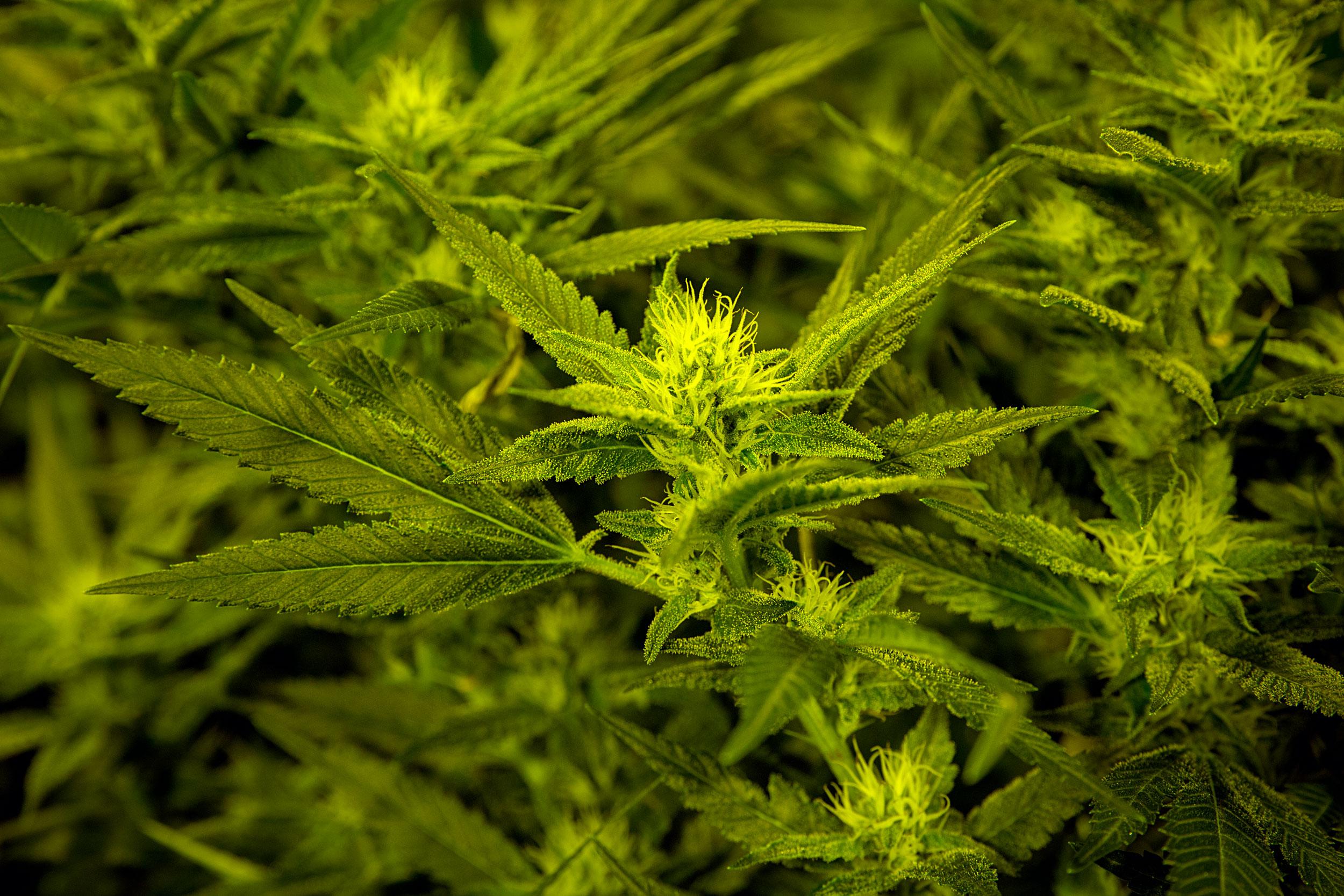
Voters in Colorado Springs are deciding in November whether or not to allow sale of recreational marijuana within city limits for the first time.
Issue 301 sets up a framework for taxing recreational marijuana sales if citizens legalize the industry through Question 300.
Here’s the language you’ll see on the ballot:
Shall city taxes be increased $5,600,000 annually beginning January 1, 2023, and by whatever amounts are raised in years thereafter, by increasing the rate of sales tax on the sales of retail/recreational marijuana within the City of Colorado Springs by a rate of 5%, solely for the purpose of funding public safety programs, mental health services, and post-traumatic stress disorder treatment programs for veterans; and shall the city be permitted to collect, retain and spend all revenues derived therefrom as a voter-approved revenue change and exception to any constitutional, statutory and city charter revenue and spending limitations which may otherwise apply?
_____ Yes/for the initiated ordinance
_____ No/against the initiated ordinance
How would it work?
The Colorado cities that have legalized recreational marijuana have put the tax dollars generated from its sale toward different sorts of community priorities. In nearby Manitou Springs, for example, that money has gone to the city’s Urban Renewal Authority to allow for projects like burying the city’s utility lines.
This issue requires Colorado Springs specifically put the tax money from recreational marijuana (should it become legalized through Question 300) specifically and “solely for the purpose of funding public safety programs, mental health services, and post-traumatic stress disorder treatment programs for veterans.”
Who’s for it?
Organizers of the citizen-led process which brought the legalization question to the ballot used this accompanying taxation measure to answer some of the most common critiques of recreational marijuana — opponents claim the industry has led to increased crime, substance abuse and homelessness.
Supporters say recreational marijuana is being used in the Springs right now, even if it was purchased in other communities. Those in favor of these ballot measures often dispute the claims that increased crime or homelessness in Colorado are a direct result of the cannabis industry. Yet, they argue with this taxation plan, at least some new funding will be funneled toward helping solve these issues.
Who’s against it?
Those most vocally against Issue 301 usually are lumping it in with their opposition to the overall legalization issue, Question 300. However, in its recently passed resolution opposing the measures, the Colorado Springs City Council said:
“...in 2020 marijuana tax revenue made up less than one percent of
State of Colorado’s Budget. The proponents of the ballot initiative have cited increased tax revenues that would benefit the City of Colorado Springs; however, the cost to our Public Safety departments of enforcement could exceed the revenue collected.”









